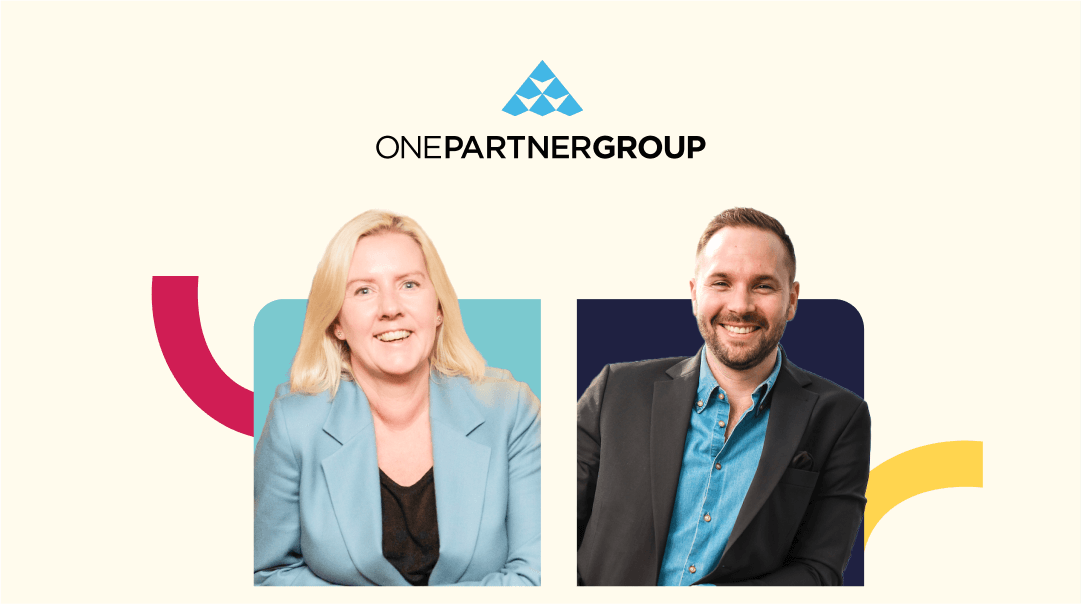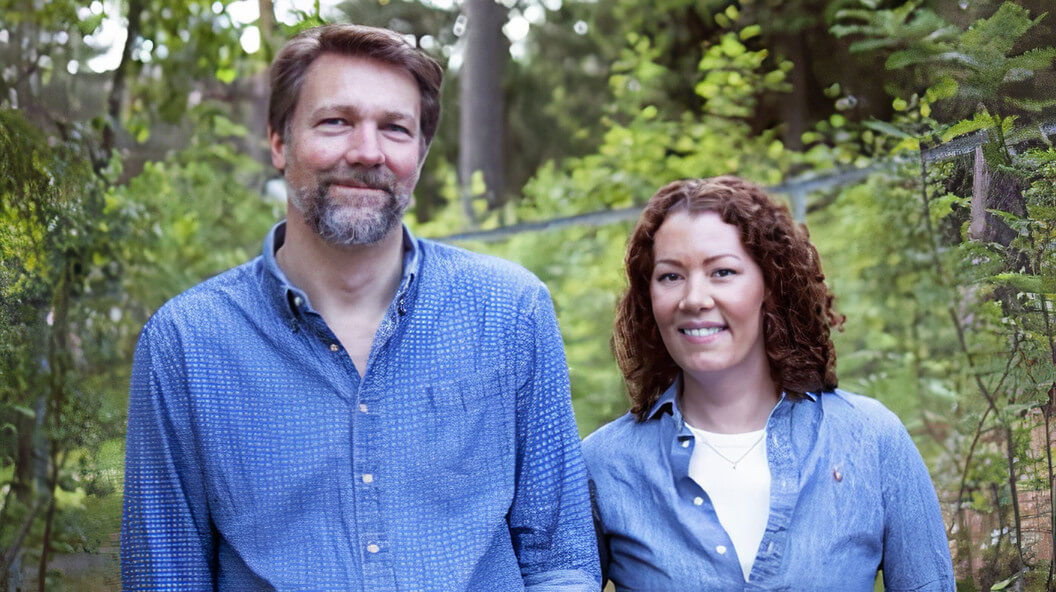
Björn Lindtorp, CEO of Sverek, on how work has changed post-pandemic and the way ahead for the staffing sector
In this new series, Globus is sitting down with some of the staffing sector’s leading experts to discover their predictions for the year ahead, staffing industry trends, and their immediate plans for 2022. Here, we are joined by Björn Lindtorp, CEO of Sverek.
A: It’s lovely to have you with us! First of all, Björn, could you please tell us a bit more about yourself?
S: Great to meet you, my name is Björn, and I am the CEO of Sverek. I have been doing this for around four years, before that, I was more of a Business Developer in the company. Sverek is a staffing agency that primarily focuses on healthcare and social care in the Nordics. We recently entered the Norwegian market, and we are continuing to expand outside of the Swedish borders where we are currently located.
A: So, what are you aiming to achieve with Sverek and its consultants in the near future?
S: We always focus on how we can make life better for patients and healthcare professionals. Providing value through skilled healthcare personnel and finding the best people for a role is really how we can deliver value in a field where resources are becoming more limited. Plus, there are many different options now for healthcare personnel, not just steady employment but alternative ways of work that give them more flexibility. So, the aim for us is twofold, making sure hospitals and clinics have enough staff to deliver the best patient care, and also giving healthcare staff the option of flexible employment while still having a good salary and benefits.
A: How did the Covid-19 pandemic impact your work?
S: The pandemic really highlighted the importance of Sverek’s work and how hospitals and clinics need temporary staff. It would not have been possible to handle the pandemic without the help of staffing and recruiting agencies. This time, despite the obvious challenges, has been very rewarding as we’ve experienced first-hand how critical our work is — particularly within intensive care where there was the highest demand.
A: What are your main ambitions for this year and the next one? Do you have any concrete things that you are working on?
S: Firstly, I want to make the matching process more specific, so that all the nurses and doctors who are working with us get the best opportunities for their skills, lifestyle, and availability. This is definitely something that technology is helping us with and using a tool like Globus is really shifting the way we place candidates and making the process more efficient. Additionally, we are expanding the business into the Norwegian market.
A: How do you view the current digital maturity of the staffing sector?
S: I think for a while that staffing agencies have been used to using technology for things like advertising and searching on LinkedIn and Facebook. Solutions like CRMs and ATS are also not completely new to the sector. However, forward-thinking staffing agencies are looking beyond these technologies, to understand how they can integrate, and where work processes can be improved by automation. Some are experimenting with more advanced solutions which solve their challenges more completely compared to legacy technologies and processes.
A: And what about your ambitions with technology?
S: Essentially, we try to use technology in any way we can, where it makes our workflow more efficient so that our recruiters and staffing managers can focus more on their relationships and services. So, if something can be made more efficient with technology, we will do it.
A solution like Globus, for instance, gives candidates a better list of possible assignments and removes options that won’t interest them. Artificial intelligence (AI) continues to improve that process.
Before we implemented Globus, we had so many assignments and possible matches that manually going through them all was not very efficient. When dealing with the volume that we do, it becomes vital to have a good overview of all assignments and candidates. Then, matching people to those assignments — with Globus it is much more accurate, fast, and scalable.
A: If there is a dream staffing technology that you can have, what would it be?
S: I wouldn’t say that this doesn’t exist, because in many ways it is already here, but the use of chatbots in automation requires more refining. If they could give a more immediate, tailored response to our nurses and doctors then it would really benefit us in building relationships and placing people faster. Imagine, for example, that someone in a remote location in Scandinavia is offered shifts by the chatbot with immediately available information on where it is (even possible commute times), what it involves, and for how long. That is a really exciting, personal interaction using technology.
A: What major breakthroughs do you predict in staffing? Anything in particular on the horizon?
S: I have seen a shift in staffing where we are dealing with more complete, complex staffing activities — we are taking on a larger part of our clients’ challenges. Technology plays a key role here in freeing up our people to then collaborate on the more human, strategic part of staffing. Take, for instance, team building and how you ensure the right skills and competencies are in your team for immediate projects. With a tool like Globus, you can immediately see vacancies, plus candidate skills and availability, and build an optimum team from there.




